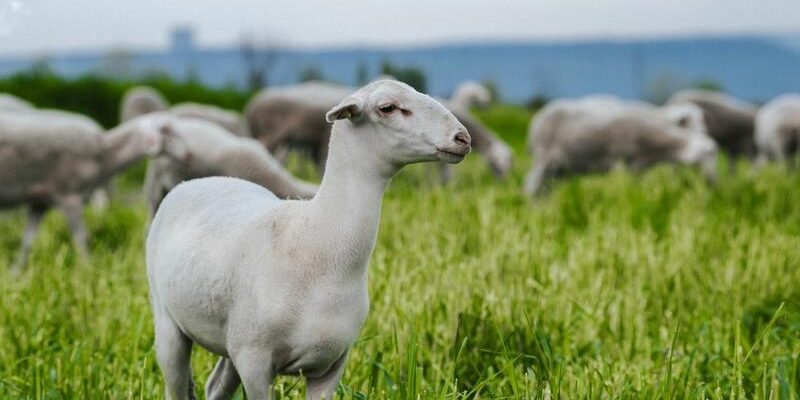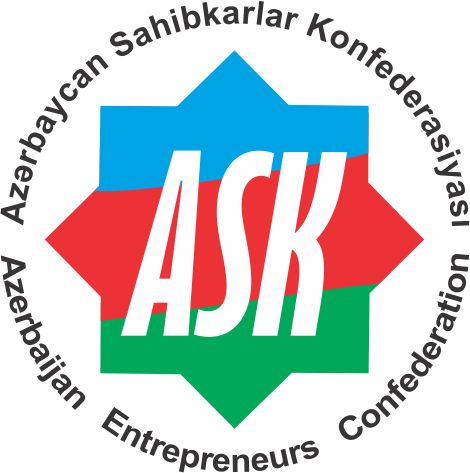A video conference on “Problems and prospects of value chain development in sheep breeding” was held with the support of the ASK

With the support of the National Confederation of Entrepreneurs (Employers) Organizations of the Republic of Azerbaijan, the Baku office of the Food and Agriculture Organization of the United Nations (FAO) held a webinar to discuss “Problems and prospects for the development of value chains in sheep breeding.”
The event was held within the project “Sustainable development of sheep breeding and the creation and implementation of a value chain for food production.”
The webinar was attended by stakeholders of the project, government agencies, representatives of private companies, a total of more than 40 representatives. The event was also attended by farmers from the pilot regions of the project, representatives of the Ministry of Agriculture, heads of State Agrarian Development Centers and a number of employees of the Azerbaijan State Agricultural University.
The current project, aimed at the sustainable development of the sheep sector in agriculture, aims to help achieve the relevant state strategy in the field and the results identified under the FAO-Azerbaijan Partnership Program. During the meeting, it was noted that three different pilot areas with different value chains (sheep meat, sheep milk and sheep wool) were identified in the field of sheep breeding, and the evaluation of the value chain for each pilot area was presented to the participants. The webinar also discussed the report “Development of the value chain in sheep breeding in Azerbaijan – a vision for 2025” within the project.
Namig Mammadov, Head of the FAO-Azerbaijan Partnership Program, Esmira Latifova, Head of the Livestock and Monitoring Department of the Ministry of Agriculture, Mahir Hajiyev, Director of the Livestock Research Institute, and Zakir Azimov, Vice-president of the Azerbaijan Entrepreneurs Confederation, spoke at the meeting.
“There are serious problems in the classification of wool in the country, mainly in the meat sector, coarse and semi-coarse wool sheep predominate. Also, the improvement of local sheep breeds should be carried out on a scientific basis, not spontaneously,” E.Latifova said in her speech.
ASK Vice-president Zakir Azimov said that there were some shortcomings in the statistics on sheep breeding. Z. Azimov made proposals on farmers’ access to the market and said: “How many lambs are taken from every 100 ewes and the number of rams is not known.”
